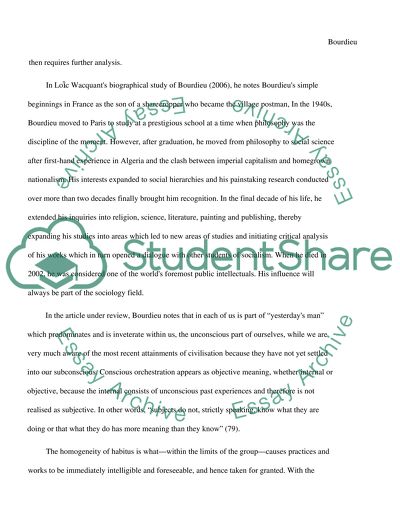Cite this document
(“Sociology: Contemporary Social Theory Essay Example | Topics and Well Written Essays - 1500 words”, n.d.)
Retrieved from https://studentshare.org/miscellaneous/1522356-sociology-contemporary-social-theory
Retrieved from https://studentshare.org/miscellaneous/1522356-sociology-contemporary-social-theory
(Sociology: Contemporary Social Theory Essay Example | Topics and Well Written Essays - 1500 Words)
https://studentshare.org/miscellaneous/1522356-sociology-contemporary-social-theory.
https://studentshare.org/miscellaneous/1522356-sociology-contemporary-social-theory.
“Sociology: Contemporary Social Theory Essay Example | Topics and Well Written Essays - 1500 Words”, n.d. https://studentshare.org/miscellaneous/1522356-sociology-contemporary-social-theory.


